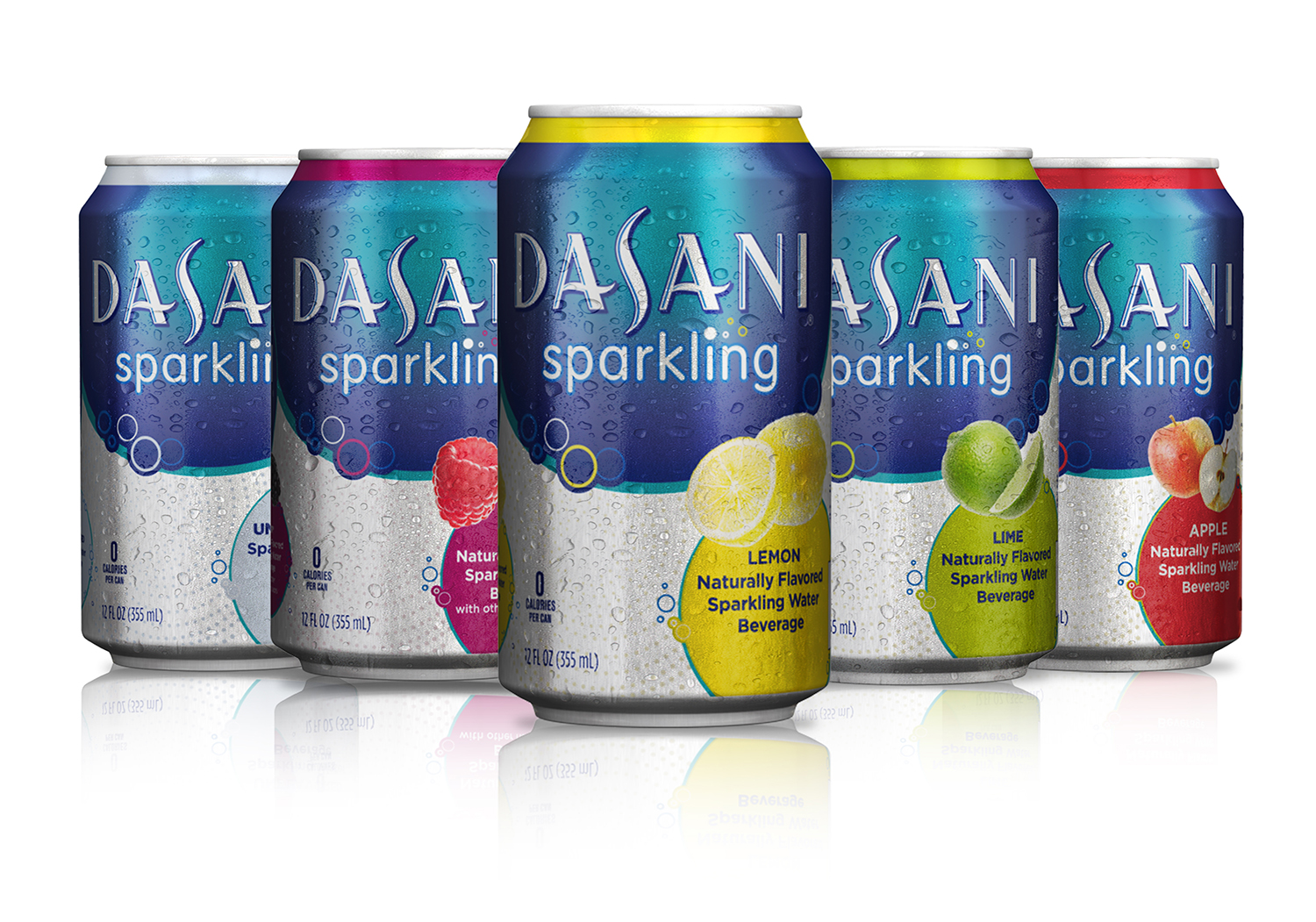Why Coca-Cola's Dasani Isn't Available In The UK

Table of Contents
The 2004 Contamination Incident
The primary reason for Dasani's absence from the UK market is undoubtedly the infamous 2004 bromate contamination incident. Dasani water, produced using a purification process that involved adding potassium permanganate, inadvertently resulted in the formation of bromate, a potential carcinogen. This discovery led to a major recall of Dasani water across the UK, causing significant damage to the brand's reputation and consumer trust. The impact extended far beyond lost sales; it created a lasting negative perception that continues to hinder any potential relaunch.
- Timeline of the incident: The contamination was discovered in February 2004, leading to an immediate product recall and extensive media coverage.
- Public reaction and media coverage: The news sparked widespread public outrage and negative media attention, severely damaging consumer confidence in the brand. The incident became a major news story, further cementing the negative association with Dasani in the UK.
- Impact on Coca-Cola's reputation: The incident negatively impacted Coca-Cola's reputation in the UK, raising questions about their quality control and product safety standards.
Intense Competition in the UK Bottled Water Market
Even without the 2004 incident, launching Dasani in the UK would present a significant challenge. The UK bottled water market is incredibly saturated, with many well-established local and international brands already vying for market share. Penetrating this competitive landscape requires substantial investment and a strong marketing strategy, something that may not be deemed cost-effective by Coca-Cola, particularly in light of the past negative publicity.
- Examples of successful UK bottled water brands: Brands like Highland Spring, Buxton, and Volvic have firmly established themselves in the market, enjoying significant consumer loyalty. These brands benefit from strong brand recognition, regional connections, and effective marketing.
- Analysis of market share and consumer preferences: The UK consumer demonstrates a preference for established brands and often displays regional loyalty when it comes to bottled water choices.
- Barriers to entry for new brands: High marketing costs, challenging distribution logistics, and entrenched consumer preferences create substantial barriers to entry for any new bottled water brand hoping to compete successfully in the UK.
Cost and Distribution Challenges
Launching and maintaining a new bottled water brand like Dasani in the UK incurs substantial costs. These costs include not only manufacturing and marketing but also the crucial element of distribution. Establishing a robust distribution network across the UK, reaching retailers both large and small, is complex and expensive. Considering the intense competition and the potential for limited market share, Coca-Cola may have deemed the investment for Dasani UK unprofitable. The existing successful brands already occupy prime shelf space and established distribution channels. The cost of bottled water production itself, coupled with distribution hurdles, could significantly impact profitability, especially for a brand aiming to break into an already competitive UK beverage market.
Strategic Decisions by Coca-Cola
Coca-Cola's decision to not re-introduce Dasani to the UK market may also be rooted in broader strategic considerations. Coca-Cola already possesses a strong portfolio of successful beverages in the UK, including iconic brands like Coca-Cola itself, Fanta, and Sprite. These established brands likely provide sufficient market penetration and profitability within the beverage sector, reducing the imperative to launch a new bottled water brand facing such significant headwinds.
- List of other Coca-Cola products sold in the UK: Coca-Cola's extensive portfolio includes a wide variety of soft drinks, juices, and other beverages, which collectively hold a considerable market share.
- Discussion of Coca-Cola's market share in the UK: Coca-Cola already holds a dominant position within the UK beverage market, possibly negating the need for further expansion within the bottled water segment.
- Speculation on the company's future plans regarding bottled water in the UK: It's possible that Coca-Cola may reassess its strategy in the future, but for now, its focus remains on its existing, successful product range.
Conclusion
The absence of Dasani water UK is a result of several intertwined factors. The 2004 bromate contamination incident severely damaged the brand's reputation, making a relaunch a challenging proposition. Furthermore, the intensely competitive UK bottled water market, coupled with substantial cost and distribution challenges, presents significant barriers to entry. Finally, Coca-Cola's already strong market position with its existing beverage brands may simply render a Dasani UK relaunch strategically unnecessary. The lingering impact of the bromate contamination on consumer trust, combined with the challenges of entering a saturated market, effectively explains the continued absence of Dasani in the UK. What do you think? Could Dasani ever successfully relaunch in the UK? Share your thoughts on the Dasani UK future and whether a Dasani return UK is ever possible. Let's discuss why no Dasani in UK.

Featured Posts
-
 Profitable Picks Nba And Nhl Round 2 Playoffs
May 15, 2025
Profitable Picks Nba And Nhl Round 2 Playoffs
May 15, 2025 -
 Tarim Kredi Koop Ciftci Marketlerindeki Mayis Indirim Guenleri Temel Gida Ve Temizlik Ueruenleri
May 15, 2025
Tarim Kredi Koop Ciftci Marketlerindeki Mayis Indirim Guenleri Temel Gida Ve Temizlik Ueruenleri
May 15, 2025 -
 Dijital Isguecue Piyasasi Veri Tabani Rehberi Kibris Ta Tanitim
May 15, 2025
Dijital Isguecue Piyasasi Veri Tabani Rehberi Kibris Ta Tanitim
May 15, 2025 -
 Aktor Ot Anatomiyata Na Grey I Euforiya Diagnostitsiran S Amiotrofichna Lateralna Skleroza Als
May 15, 2025
Aktor Ot Anatomiyata Na Grey I Euforiya Diagnostitsiran S Amiotrofichna Lateralna Skleroza Als
May 15, 2025 -
 Why Coca Colas Dasani Isnt Available In The Uk
May 15, 2025
Why Coca Colas Dasani Isnt Available In The Uk
May 15, 2025
